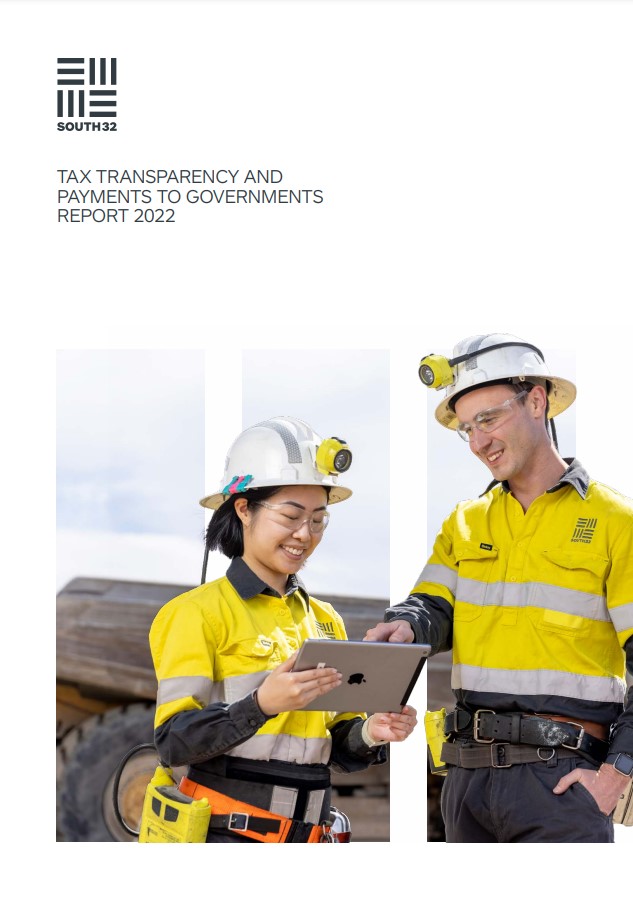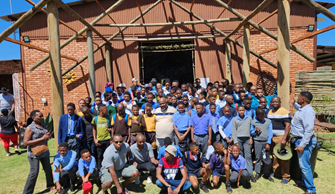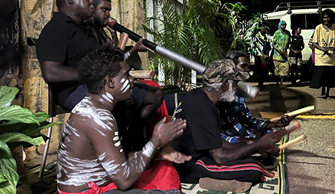Our Approach to Human Rights

Our Approach to Human Rights
We are committed to respecting internationally recognised human rights as set out in the International Bill of Rights (comprising the Universal Declaration of Human Rights, the International Covenant on Civil and Political Rights, and the International Covenant on Economic, Social and Cultural Rights) and the International Labour Organization Declaration on Fundamental Principles and Rights at Work.
Our approach is guided by the United Nations Guiding Principles on Business and Human Rights (UNGPs), the United Nations Global Compact Principles, the Voluntary Principles on Security and Human Rights (VPSHR), the UN Declaration on the Rights of Indigenous Peoples and the ICMM Mining Principles.
Our Approach to Human Rights can be viewed here:



